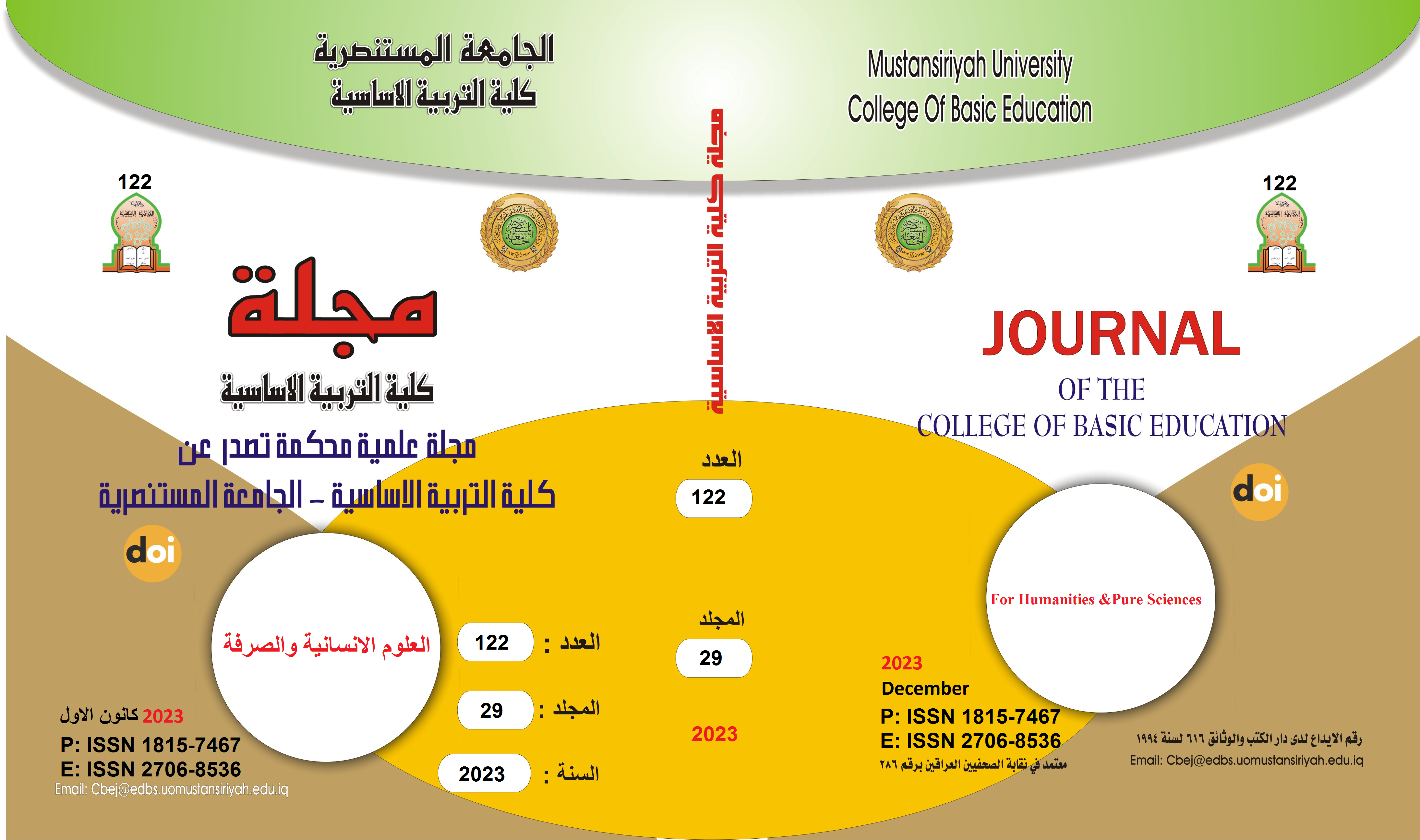The Kuwaiti opposition and its position on the British withdrawal and the Islamic revolution in Iran
Main Article Content
Abstract
The Kuwaiti opposition, since its inception, has some positions that are initially limited to opposing the monopoly of power, but after it becomes connected to the regional neighborhood, it takes regional and Arab positions, especially after the spread of nationalist, liberal and leftist ideas.
The Kuwaiti opposition has an influential position on the government by welcoming the British withdrawal announced by the British Prime Minister in 1968, as well as the government's position rejecting the policy of alliances propose initially by Britain, America and Iran during the withdrawal. As for its position on Iranian rule during the Shah's era, the opposition stands against the government when it realizes that there is a remarkable convergence on the part of the government, and its position is welcoming the Iranian revolution when it overthrew the rule of the Shah and called for a position rejecting the foreign presence and American polarization in the region, but the position changes when the Iran-Iraq war finishes, as the nationalist and Sunni factions stands with Iraq and begins to push the government to take a stand alongside Iraq As for the Shiite opposition factions, they play their role in rejecting Kuwaiti loan projects to Iraq in Parliament, and adopt the armed method, especially in bombing the convoy of the Emir of Kuwait and hijacking the Kuwaiti plane.
Hence, we can conclude that the Kuwaiti opposition is characterized by its strong influence on the positions of the countries surrounding Kuwait, especially Saudi Arabia, Iraq and Iran, according to the intellectual and sectarian affiliation of the common cause between Kuwait and those countries.
Article Details

This work is licensed under a Creative Commons Attribution-ShareAlike 4.0 International License.
